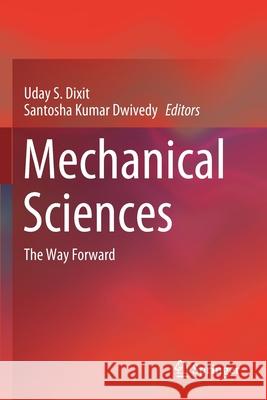Mechanical Sciences: The Way Forward » książka
topmenu
Mechanical Sciences: The Way Forward
ISBN-13: 9789811557149 / Angielski / Miękka / 2021 / 267 str.
Mechanical Sciences: The Way Forward
ISBN-13: 9789811557149 / Angielski / Miękka / 2021 / 267 str.
cena 603,81
(netto: 575,06 VAT: 5%)
Najniższa cena z 30 dni: 578,30
(netto: 575,06 VAT: 5%)
Najniższa cena z 30 dni: 578,30
Termin realizacji zamówienia:
ok. 16-18 dni roboczych.
ok. 16-18 dni roboczych.
Darmowa dostawa!
Kategorie:
Kategorie BISAC:
Wydawca:
Springer
Język:
Angielski
ISBN-13:
9789811557149
Rok wydania:
2021
Wydanie:
2021
Ilość stron:
267
Waga:
0.41 kg
Wymiary:
23.39 x 15.6 x 1.52
Oprawa:
Miękka
Wolumenów:
01
Dodatkowe informacje:
Wydanie ilustrowane











